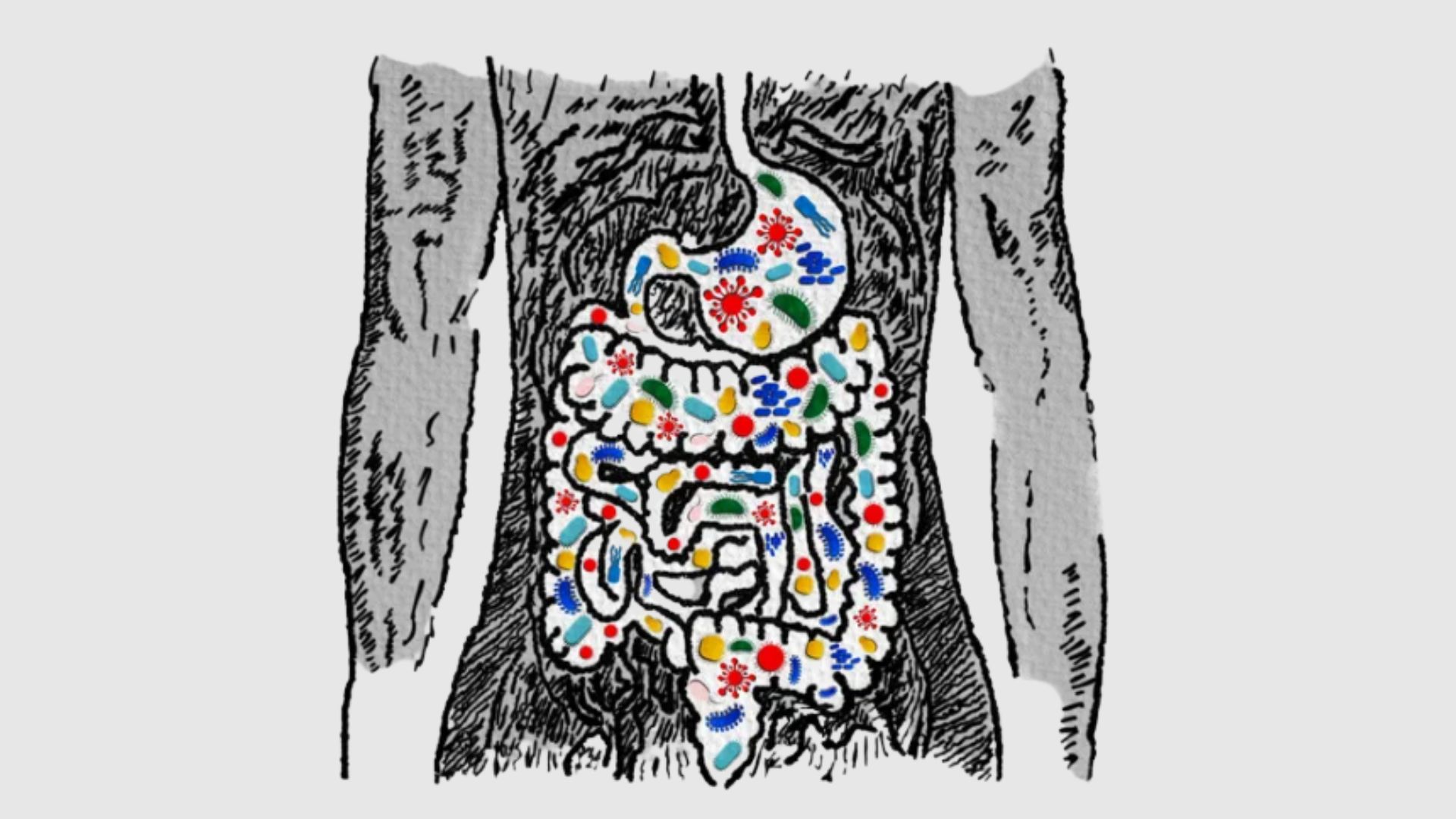Pandemic’s Hidden Toll: The Surge in Gut-Brain Disorders
In recent years, emerging data from both the UK and the US have revealed a less-visible, but deeply impactful, consequence of the COVID-19 pandemic: a marked increase in disorders of gut-brain interaction (DGBI). Conditions such as irritable bowel syndrome (IBS) and functional dyspepsia are climbing, and they appear intertwined with long-COVID symptoms.
Rising Numbers: DGBI Rates Climb Post-Pandemic
Nationally representative surveys comparing data from 2017 before the pandemic and 2023 after the pandemic show a pronounced increase in DGBI prevalence. Overall, DGBI rose from 38% to 47%. Within that increase, esophageal issues rose from 9% to 10%, gastroduodenal issues from 12% to 16%, and bowel issues from 30% to 33%. Functional dyspepsia surged nearly 44%, from about 8% to 12%. IBS increased by roughly 28%, moving from about 5% to 6%. These rises were evident across different age groups and between both men and women.
Gut Issues as Part of Long COVID
— Imran Aziz, MBChB, MD
Why Are Gut-Brain Disorders on the Rise?
Why It Matters: Health, Quality of Life, and Care
Moving Forward: Recognition, Research, and Response
Conclusion
Resource: The Chiropractic Chronical by Mccoy Press Sept 1, 2025
If you and your family have not had your spine checked for subluxation it’s time to schedule an appointment with our Great Life Chiropractic Experts Drs. Gus and Jacqueline below. Let us help you and your family experience the potential of specific chiropractic care!


